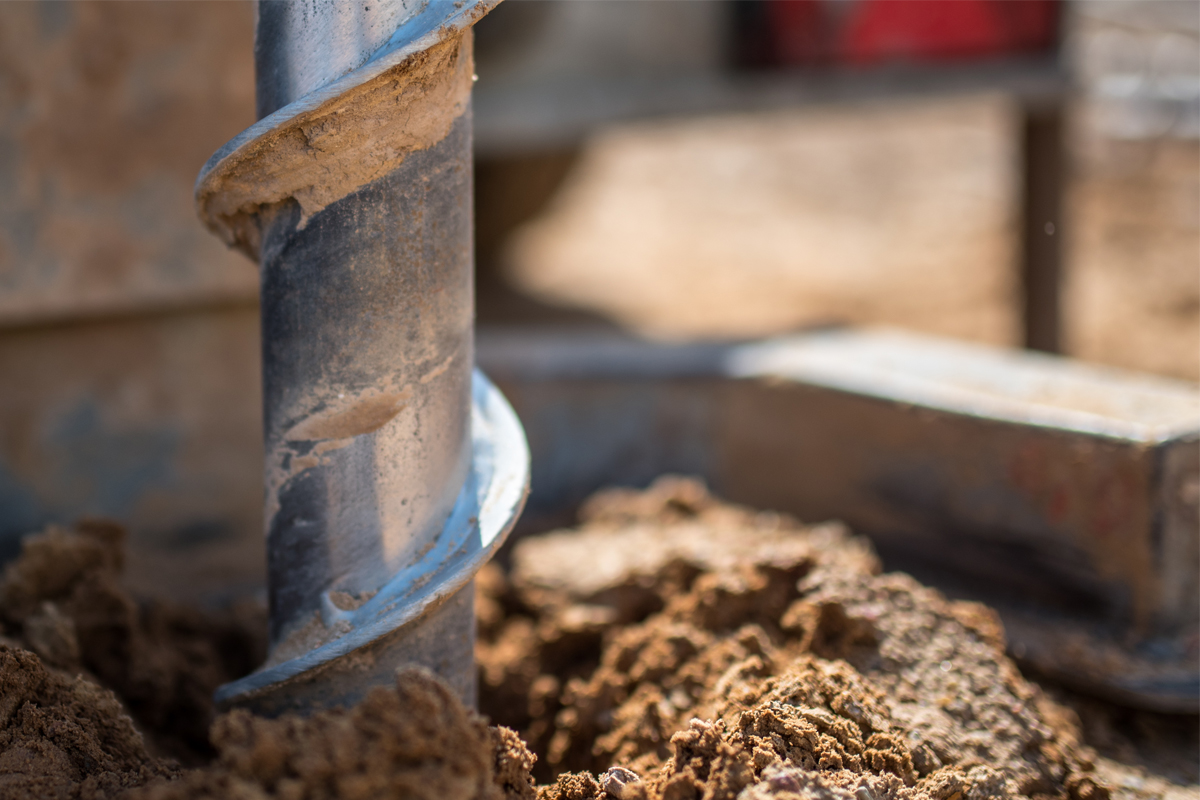Land Remediation: What is it and why does it matter?
20 July 2023

As environmental consciousness continues to grow, it is crucial to understand the importance of cleaning up contaminated land and restoring it to its natural state. Land remediation is a multidisciplinary approach that combines engineering expertise, environmental sciences, and regulatory compliance to revitalise our precious ecosystems and protect human health.
What is land remediation?
Land remediation refers to the process of identifying, evaluating, and mitigating the contamination of soil, water, or air caused by human activities or natural processes. These contaminants can arise from various sources, including industrial activities, improper waste disposal, chemical spills, and historical land use practices.
The objective of land remediation is to restore polluted sites to an environmentally safe and beneficial condition, ensuring they can be reused or repurposed without posing a risk to human health or the environment. The process involves a comprehensive assessment of the site, careful planning, and the implementation of remedial actions to achieve a successful clean up.
Why does land remediation matter?
Environmental Protection
Land contamination can have far-reaching and devastating impacts on ecosystems. Toxic substances can infiltrate groundwater, affecting drinking water sources and causing harm to aquatic life. Contaminated soil can hinder the growth of plants and vegetation, disrupting the balance of the ecosystem. By remediating contaminated sites, we safeguard biodiversity and preserve natural habitats for future generations.
Human Health
Contaminated land poses serious health risks to nearby communities and workers on the site. Exposure to hazardous substances can lead to respiratory problems, skin disorders, and even chronic illnesses. Through diligent land remediation, we can mitigate these health hazards and ensure the well-being of people living or working in proximity to contaminated areas.
Sustainable Development
With increasing urbanisation and land scarcity, repurposing previously contaminated land becomes essential for sustainable development. Land remediation enables the transformation of brownfields into viable spaces for housing, recreation, or commercial purposes, reducing pressure on greenfield sites and promoting urban renewal.
Regulatory Compliance
Governments and environmental agencies worldwide have stringent regulations in place to manage contaminated sites effectively. Failure to address land contamination can lead to legal consequences and reputational damage for businesses. Engaging in land remediation showcases a commitment to compliance and responsible environmental stewardship.
Economic Benefits
Remediating contaminated land can open new opportunities for real estate development, boosting local economies and increasing property values. Rejuvenated brownfields can attract investments and revitalise communities, creating a positive economic impact.
Land Remediation Techniques
Land remediation encompasses various techniques tailored to the specific nature and extent of contamination.
Excavation and Removal: This involves physically removing contaminated soil or materials from the site and transporting them to appropriate disposal facilities.
In-situ Treatment: Remediation is conducted directly at the contaminated site, using techniques like bioremediation (using microorganisms to break down contaminants) or chemical oxidation (using chemicals to neutralise pollutants).
Capping: A protective barrier, such as a clay cap or impermeable membrane, is placed over the contaminated area to prevent further spreading of pollutants and limit human exposure.
Pump and Treat: For groundwater contamination, this method involves pumping the polluted water, treating it to remove contaminants, and then returning the treated water to the ground.
Land remediation is a critical aspect of environmental engineering that plays a vital role in preserving the health of our planet and its inhabitants. By addressing land contamination, we ensure a sustainable future with clean and habitable spaces for generations to come. At Patrick Parsons, we are committed to providing innovative and effective solutions for land remediation, contact our experienced team to find out how we can assist with your project.

